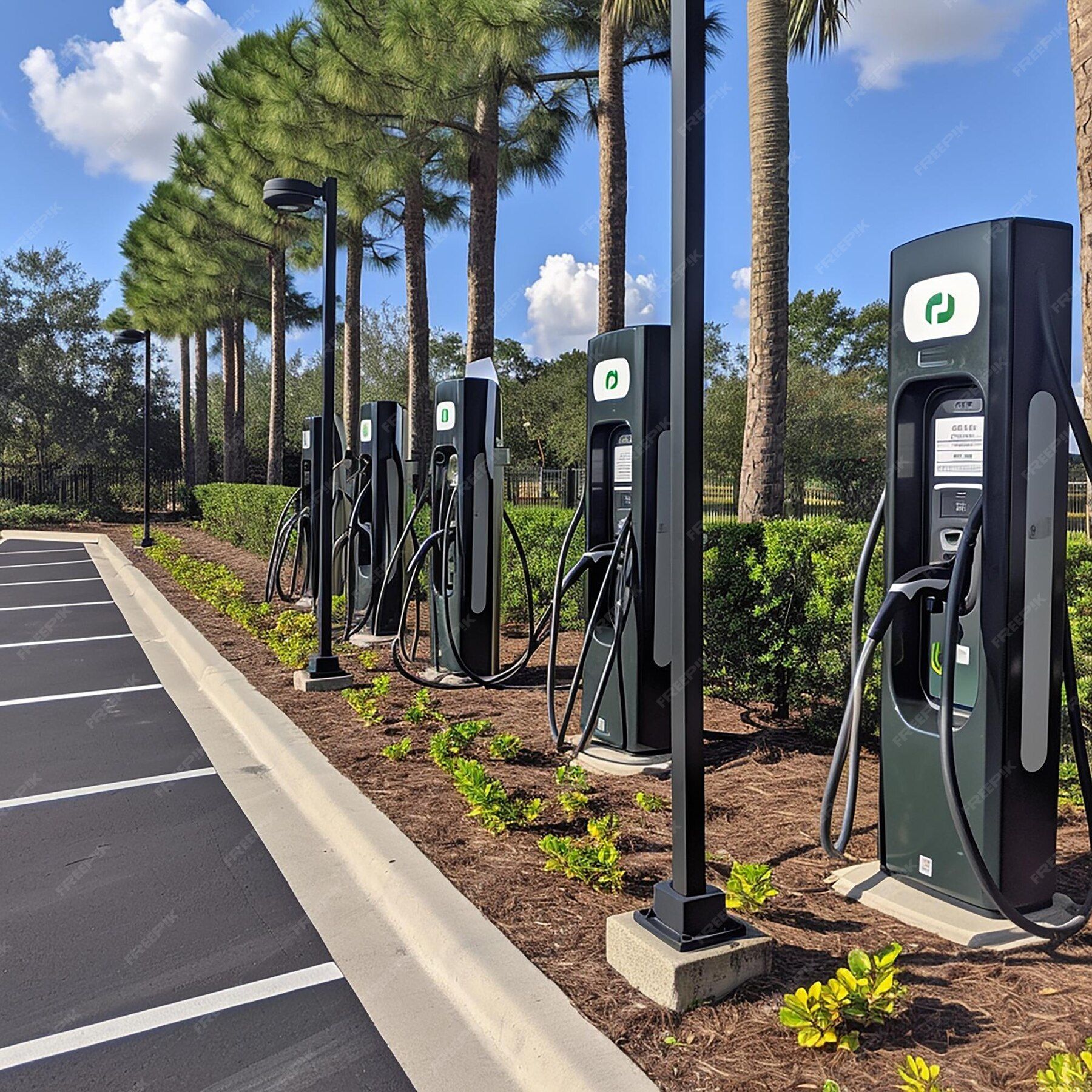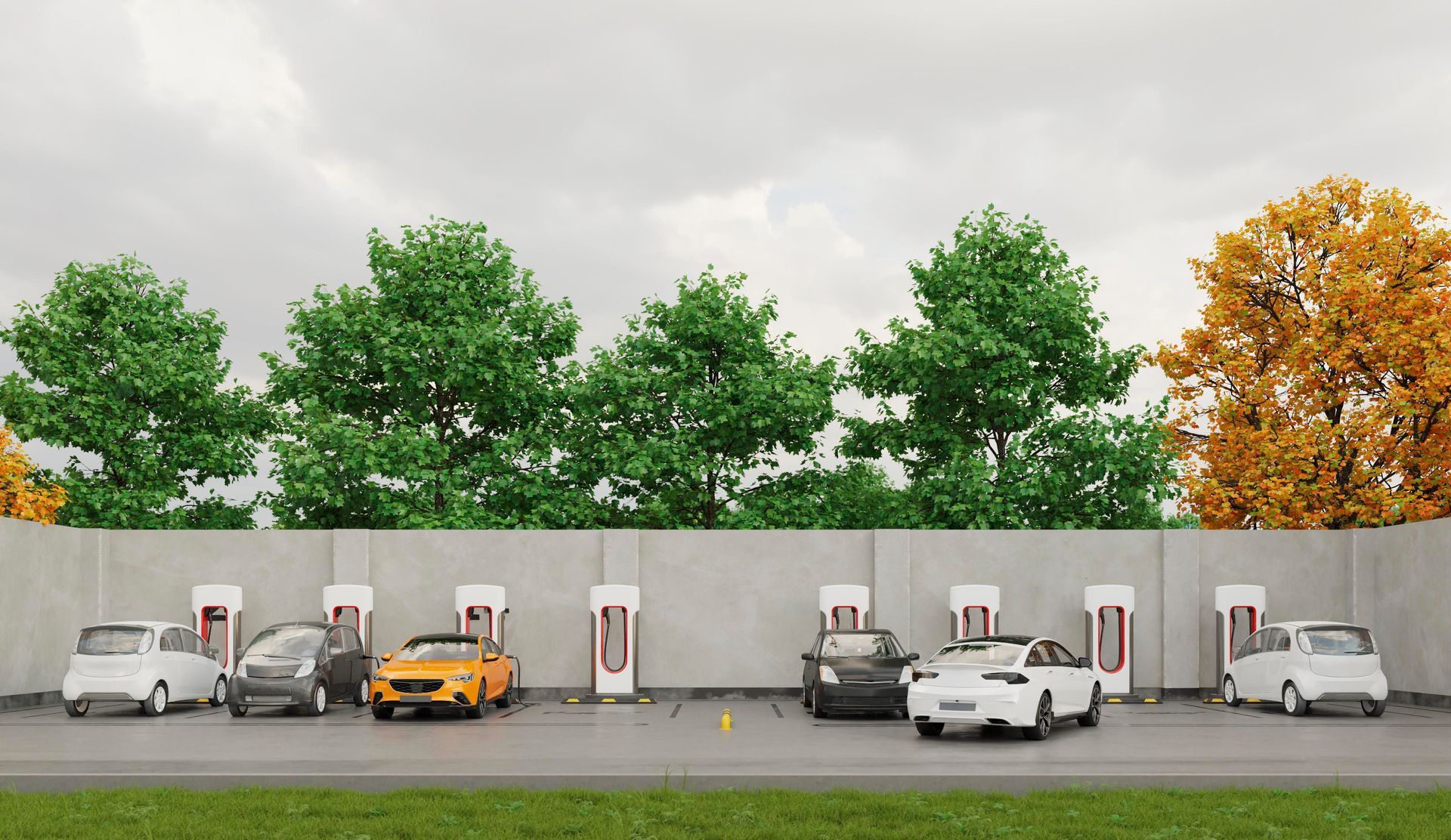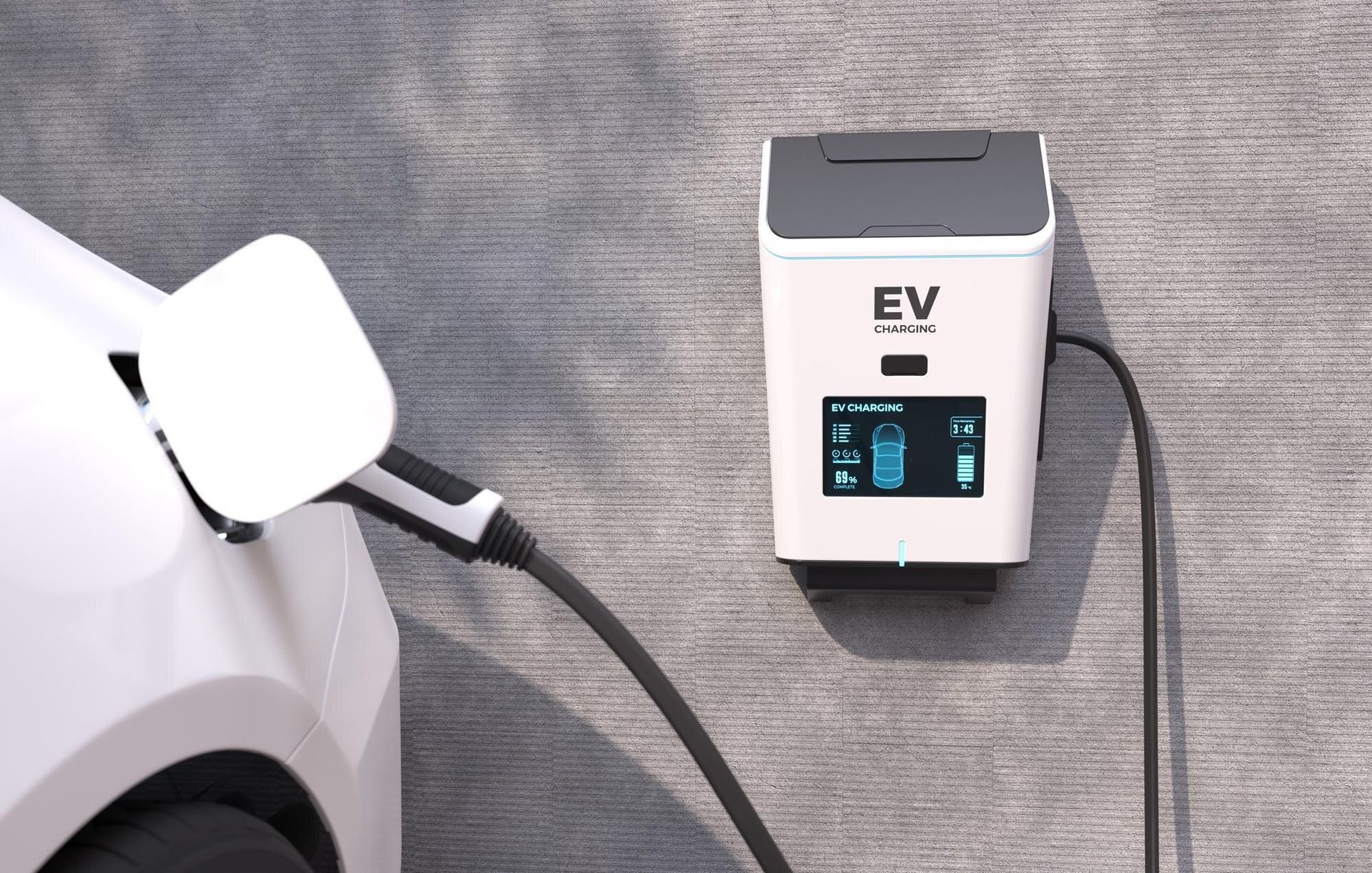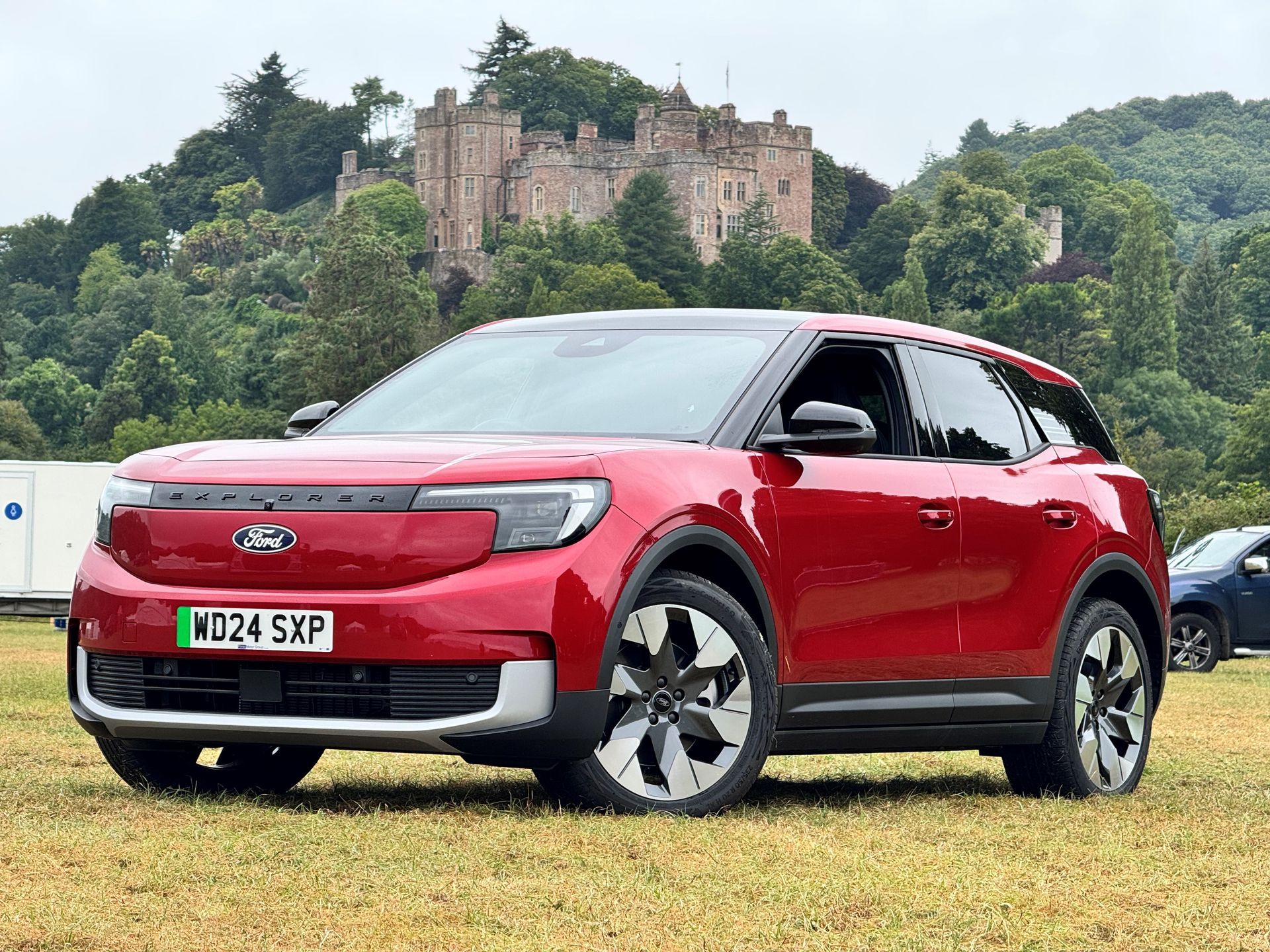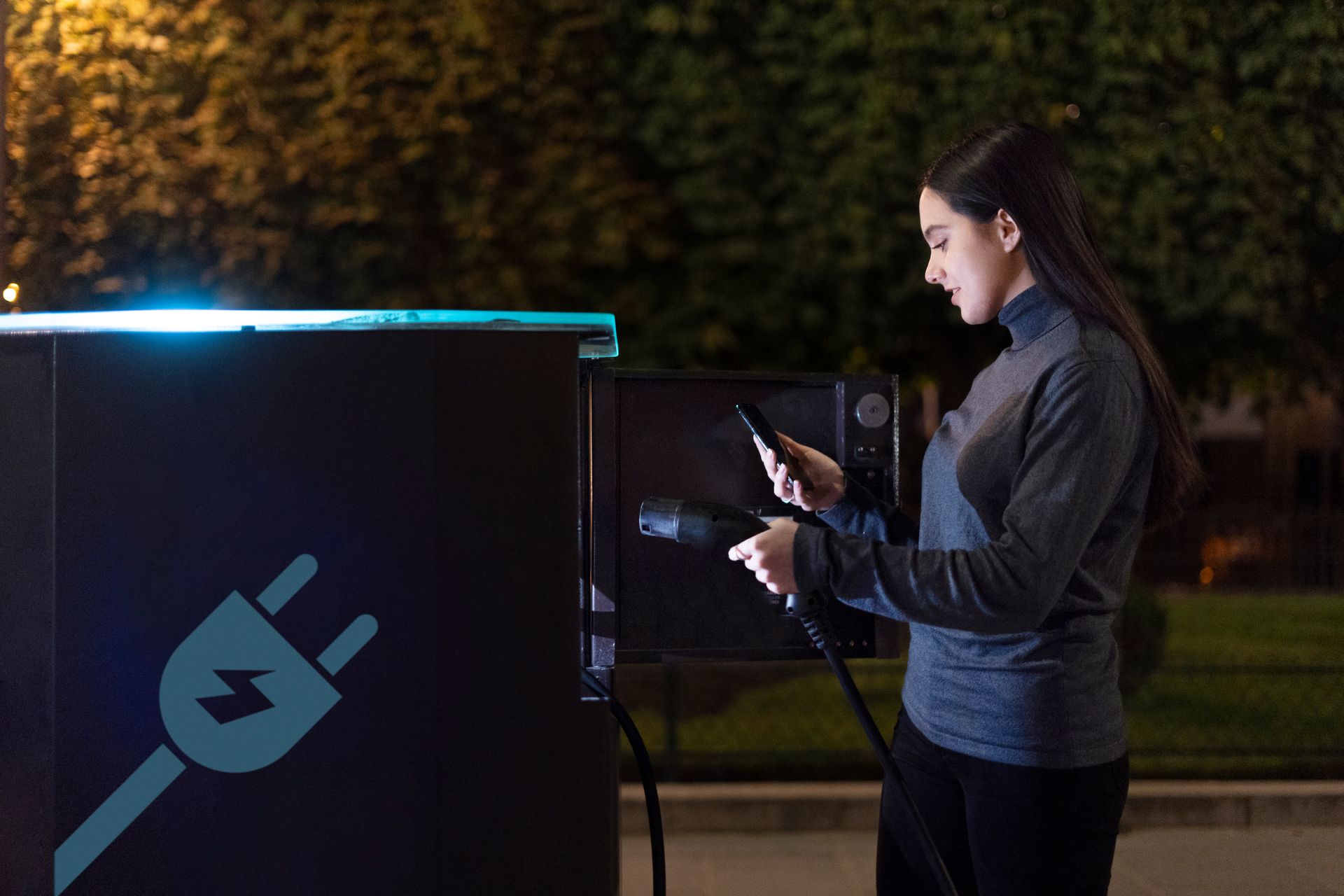EU To Give Plug-In Hybrids Real World CO2 Measurements
The European Commission is about to measure PHEVs on the amount of CO2 they actually emit

It looks like the end of the road for companies buying fleets of plug-in hybrid cars to reduce their reported CO2 emissions. The European Commission is about to measure PHEVs on the amount of CO2 they actually emit, which is vastly different to that which car manufacturers can currently legally report they do.
Current Regulations
A PHEV is generally measured at emptying 37-39g of CO2 a kilometre or less. Their batteries should have the capacity to drive them anything up to 50 miles per charge.
In the real world, the lobby group Transport & Environment has shown that PHEVs emit far more than that. In a briefing earlier this year, T&E showed that cars will have their engines on most of the time in temperatures lower than 14 degrees C. While we’re sweating in a heatwave right now, we need to face up to it that in the UK, it’s below 14 degrees C most of the year!
Even while the temperature is that of a cool spring day, PHEV engines find all sorts of reasons to switch on. Fogged up windscreen? Heating or cooling? The driver puts their foot hard on the accelerator? All excuses for the fossil-fuelled engine to kick in.
Transport & the Environment go as far as estimating that in the real world the average PHEV emits 114-190g/km, or anything up to three times that claimed by car manufacturers. That amounts to blatant ‘greenwash’, and impacts fleet owners who may be trying to do their bit for the environment but are unwittingly greenwashing their own carbon emissions data.
New Regulations - Too Slow!
Under the new regulations, PHEVs will be reckoned to have their engines on 50% of the time when being used. This is significantly more than where they are now. This will move PHEVs away from utter greenwash.
Some 73% of PHEV sales however are made to fleets. While private PHEV buyers will have the same vehicles up-classed as less-than-clean cars from 2024, fleet buyers won’t have them reclassified until 2027. That means that fleet buyers will be openly greenwashing their CO2 emissions for three years.
Just Go EV!
Fossil fuel prices have gone up well over 30% in the last year. Buying a battery electric car (a pure EV) can make in the region of £1,000 fuel saving per vehicle a year over buying a petrol or diesel one. Though only a few years ago PHEVs were a good vehicle when you couldn’t charge it on a 150kW charger and hardly have enough time for a pee and a coffee while it charges, times have changed now! There are loads of high quality models of BEVs on the market that your team will love - not to mention the savings they make on Benefit In Kind taxation - and the PHEV seems to have served its time. Why not ditch the greenwash and go BEV?




